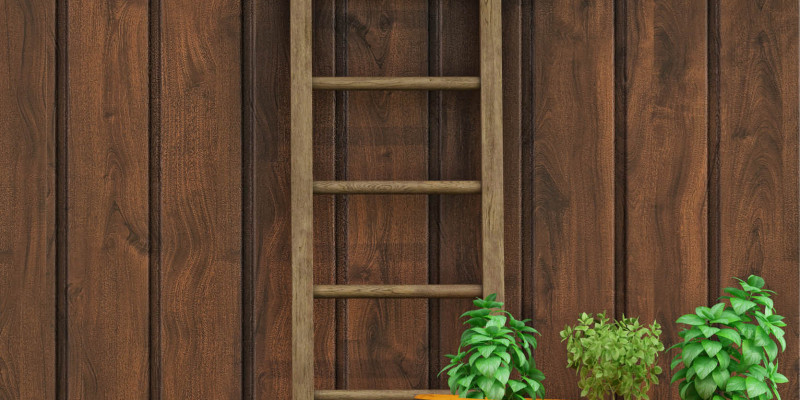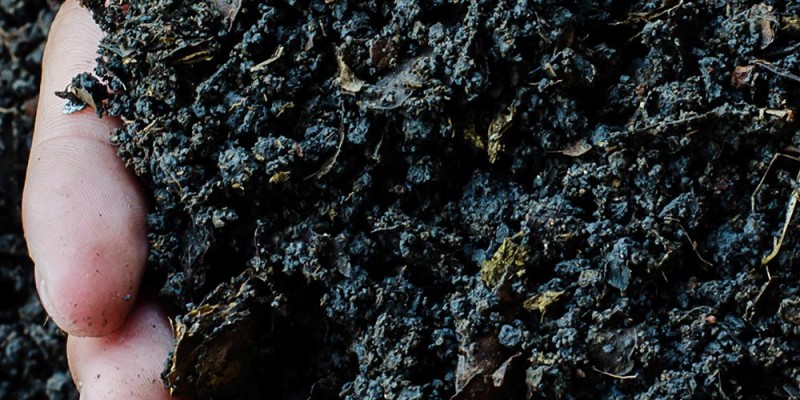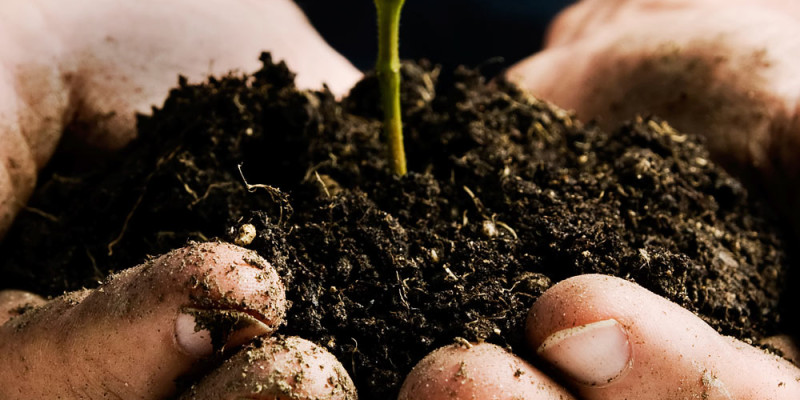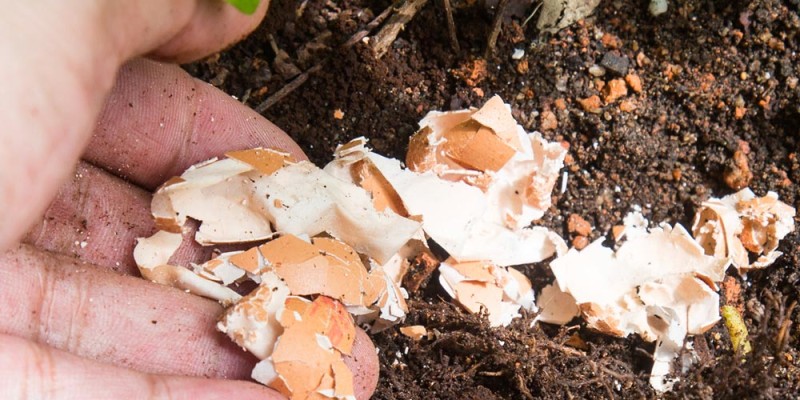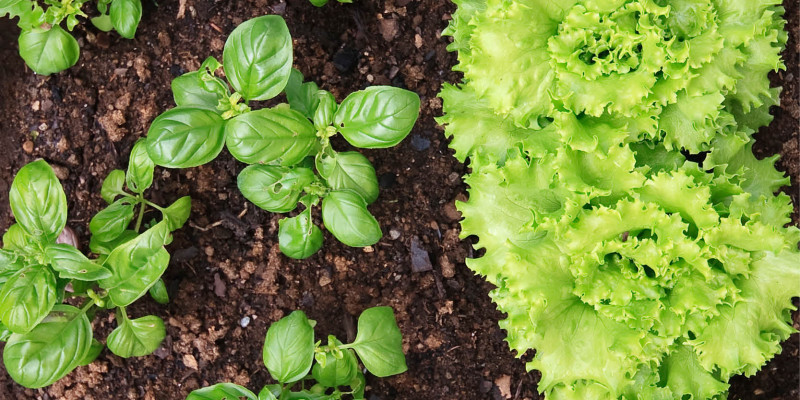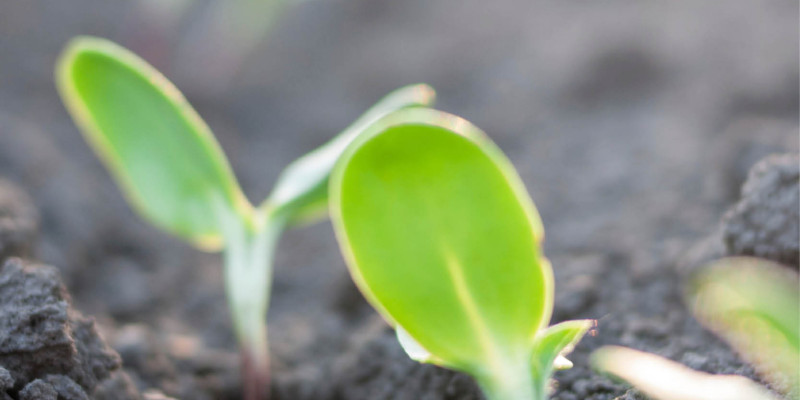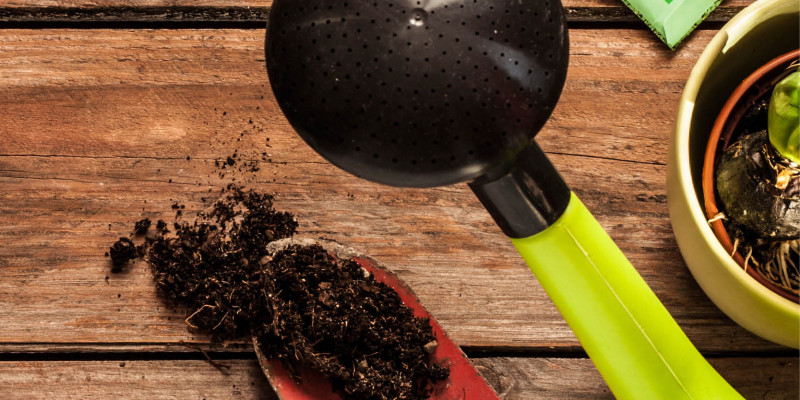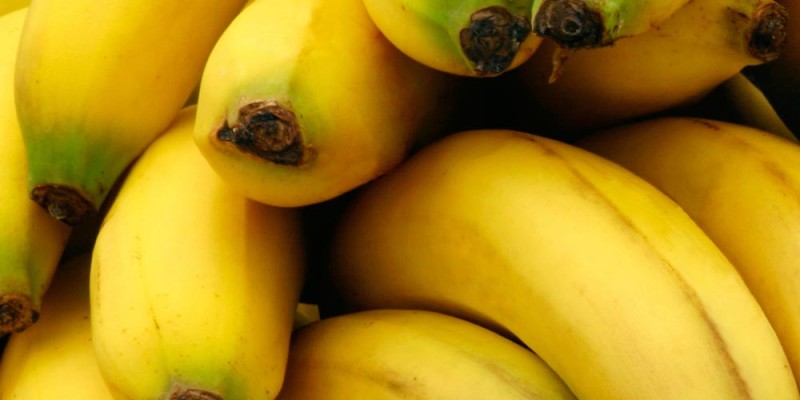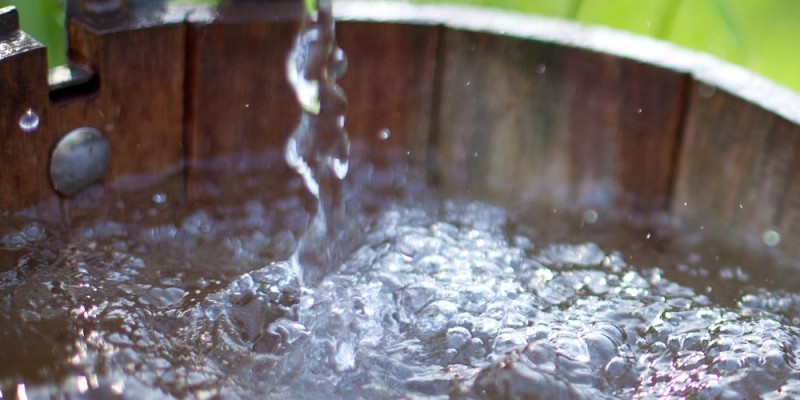Today I am bringing you a special episode and would like to start with a quotes that drive both my life as a Father and Husband my career as an environmental biologist and my passion as a gardener. Dr. Neil deGrasse Tyson said:
“The good thing about science is that it’s true whether or not you believe in it.”
Over the course of the last few months we have had some great conversations on the series of videos surrounding the testing of my garden practices and assumptions. So great in fact that I wanted to do this video for you today.
As many of you know I love to take the time to research and script each and every one episodes so I can help cut through the noise out there and bring you to the best of my ability some of the science that takes place in our gardens.
Scientific Method
before I take a look at how I research the various topics lets define the scientific method. Generally speaking you come up with a hypothesis. A hypothesis asks a question that can be tested. Following that question you must try to test them in a manner that is not only measurable but thats evidence can either support or contradict the hypothesis. In this manner only the hypothesis that are supported are considered to be valid until such time as they are disproven.
How to filter the white noise information
Before I take you through how to find this information lets talk about how you can filter through all of the information that is out there.
To begin with the internet is both a repository for wonderful vast amounts of knowledge but it also allows almost anyone to post what ever they way. Just because someone like me said it does not mean you have to take that as truth.
These rules of thumb should help guide you through the information out there.
Lets use an example of a question both Patrick and I asked a few weeks ago and and ask what fungal dominated compost is and want to know if its helpful in your garden?
Hypothesis:
The first thing we need is a hypothesis. This is a very broad hypothesis so lets ask some more specific ones to see if it supports the hypothesis.
Our hypothesis for this example was: is fungal dominated compost beneficial for our gardens?
Because this is such a broad question you can break the questions down into a number of questions. I use these questions to start my search.
I generally start with google and google scholar however there are plenty of free journals online. http://www.ncbi.nlm.nih.gov/pubmed
What is fungally dominated compost?
How is fungal dominated different from other composts?
Does fungally dominated compost benefit garden plants?
Is there more fungi in fungally dominated compost?
Does having more fungi in the soil help your garden plants?
Reputable sources:
Now that we are searching we need to make sure the content we are finding and reading is from a reputable source.
A good place to start is the URL. Look for .edu or .org websites. These are generally university, educational organizations or scientific journals. An exception to this is government websites. They can been a great place for fairly solid information.
If the papers and documents you find are not in a published in a journal make sure to find more then one source. In this case and point the University of Cornell has an information bulletin indicating pine needles make soil acidic when used as a mulch.
http://www.gardening.cornell.edu/factsheets/mulch/mulchland.html
upon further research there is another information bulletin from the Forestry Industry Council in Australia stating that pine needles do not cause acidity in soils.
http://www.forestindustrycouncil.com.au/factsheets/f2.pdf
Analysis
Now you have started to find reference material its time to analyze the bigger picture. Generally speaking when I start researching an hypothesis I let the evidence guide me.
The results will guide the conversation and if I do find something that contradicts other information I present it as well. I did show in an episode I did on companion planting a good example of scientists doing similar work and generating quite different results.
Ignoring evidence that does not support your hypothesis ends up discrediting all of your work.
I want to be clear although I am a professional biologist I am by no means an expert in everything. There is so much information out there and doing the research and scripting my episodes helps me understand what practices are supported and which ones are not. I have been surprised to find doubt surrounding some of the core practices I have advocated for in the past.
I am not afraid as a person of science to admit I don’t know everything and I can be wrong. This is exactly why the internet is such a powerful tool it allows for life long learning. A great resource I have found recently is the Garden Professors Facebook Page. This group is filled with great highly educated scientists that devote time to helping untangle the science of gardening.
What I hope to promote past just the gardening methods we are testing is an evidence based approach. Where we teach or support the skills to generate defensible evidence in your garden. If I state something you don’t have to agree with me thats the wonderful part about science.
Be open and be respectful. The wonderful thing about this community is that there are differing opinions and evidence and we can learn from each others experiences! After all as I have said before and I will say again. gardening is a wonderful hobby and I hope to share the joy with as many of my friends out there in the world as I can!
Once I have this script together its time to start shooting the video. I am honoured to have the opportunity to work with Patrick Dolan from One Yard Revolution and learn how to develop and improve my videos. Today Patrick has posted a video on how he makes his videos and I know I have found it extremely useful.
